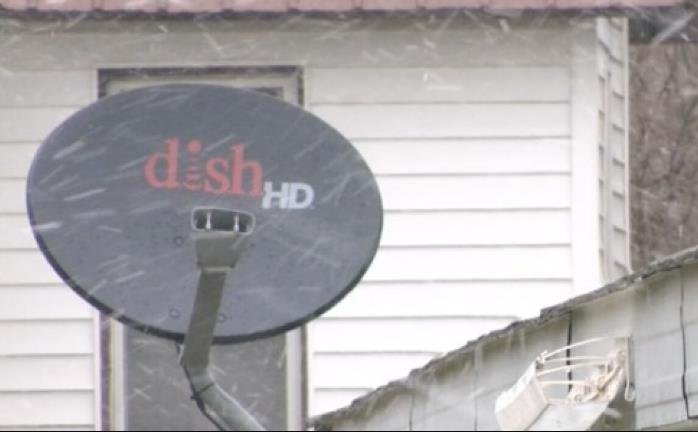The US Federal Communications Commission (FCC) has imposed its first-ever penalty on a company for violating its anti-space debris rule, according to a statement released on Monday. Dish Network, a satellite television provider, has agreed to pay $150,000 for failing to properly dispose of one of its satellites, EchoStar-7, which has been in orbit for more than two decades.
What is the anti-space debris rule?
The FCC is the regulator that authorizes space-based telecommunications services in the US. In 2022, it adopted a rule that requires satellite operators to dispose of their satellites within five years of completing their missions. The rule aims to reduce the risk of orbital debris, which is defined by the FCC as “artificial objects orbiting Earth that are not functional spacecraft”.

Orbital debris can pose a threat to active satellites, the International Space Station, and other space activities, as it can cause collisions or damage. According to the FCC, there are nearly 700,000 pieces of uncontrolled garbage larger than 0.4 inch (1 centimeter) in Earth’s orbit.
The FCC’s rule also requires satellite operators to submit orbital debris mitigation plans and provide updates on their compliance. The rule applies to all satellites that operate above 400 kilometers (250 miles) from Earth’s surface.
How did Dish Network violate the rule?
Dish Network launched EchoStar-7 in 2002 to provide broadcast communications services from geostationary orbit, a field of space that begins about 22,000 miles (36,000 kilometers) above Earth. In 2012, the FCC approved a decommissioning plan for the satellite, which stipulated that it would be moved to a “graveyard orbit” about 186 miles (300 kilometers) above its operational field, where it would not interfere with other active satellites.
However, in 2022, Dish Network realized that the satellite was low on propellant and could not reach the intended destination. Instead, the satellite was left in an orbit only about 76 miles (122 kilometers) above the active areas in geostationary orbit, which is considered a “disposal orbit” that poses orbital debris risk.
The FCC launched an investigation into Dish Network’s failure to comply with its orbital debris mitigation plan and found that the company violated its rule. Dish Network admitted its liability and agreed to pay a fine of $150,000.
What are the implications of the penalty?
The penalty marks the first time that the FCC has enforced its anti-space debris rule, which reflects its increased efforts to address the growing problem of space junk. The FCC said that it has “strong enforcement authority and capability” to ensure that satellite operators follow their commitments and obligations.
“As satellite operations become more prevalent and the space economy accelerates, we must be certain that operators comply with their commitments,” said Loyaan A Egal, chief of the FCC’s Enforcement Bureau, in the statement announcing the settlement.
The penalty also serves as a warning to other satellite operators that they need to adhere to the FCC’s rule and take measures to prevent or mitigate orbital debris. The FCC said that it will continue to monitor and enforce compliance with its rule and take action against any violations.
